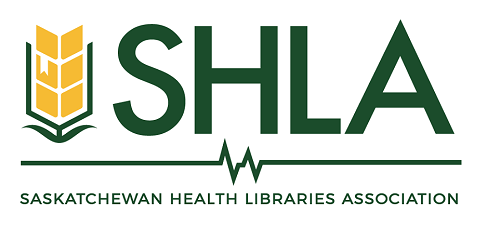Meeting date: Wednesday, May 29, 2019
Presenter: Lance Fox
Citation: Eriksen, M.B., & Frandsen, T.F. (2018) The impact of patient, intervention, comparison, outcome (PICO) as a search strategy tool on literature search quality: a systematic review. Journal of the Medical Library Association, 106(4), 420-431. doi: http://dx.doi.org/10.5195/jmla.2018.345
Article abstract:
Objective: This review aimed to determine if the use of the patient, intervention, comparison, outcome (PICO) model as a search strategy tool affects the quality of a literature search.
Methods: A comprehensive literature search was conducted in PubMed, Embase, CINAHL, PsycINFO, Cochrane Library, Web of Science, Library and Information Science Abstracts (LISA), Scopus, and the National Library of Medicine (NLM) catalog up until January 9, 2017. Reference lists were scrutinized, and citation searches were performed on the included studies. The primary outcome was the quality of literature searches and the secondary outcome was time spent on the literature search when the PICO model was used as a search strategy tool, compared to the use of another conceptualizing tool or unguided searching.
Results: A total of 2,163 records were identified, and after removal of duplicates and initial screening, 22 full-text articles were assessed. Of these, 19 studies were excluded and 3 studies were included, data were extracted, risk of bias was assessed, and a qualitative analysis was conducted. The included studies compared PICO to the PIC truncation or links to related articles in PubMed, PICOS, and sample, phenomenon of interest, design, evaluation, research type (SPIDER). One study compared PICO to unguided searching. Due to differences in intervention, no quantitative analysis was performed.
Conclusions: Only few studies exist that assess the effect of the PICO model vis-a-vis other available models or even vis-a-vis the use of no model. Before implications for current practice can be drawn, well-designed studies are needed to evaluate the role of the tool used to devise a search strategy.
Critical Appraisal:
Questions:
1) What has been your experience with PICO? Do you find it improves the quality of your searches? Is it effective for teaching others how to search?
2) Have you used other models before like SPIDER or SPICE? What has been your experience with those? What about unguided searching?
3) None of the 3 studies that were assessed investigated the time spent on literature searches. Do you think using a model like PICO would have any impact on time compared to unguided searching?
4) Two prominent issues that were mentioned are the number of search blocks and avoiding outcome-related terms in the search strategy. Is this something you focus on when searching? When do you include or exclude outcome-related terms?
5) What are your thoughts on the criteria the authors developed for assessing the risk of bias in the studies they evaluated?
6) What are the authors’ conclusions? Does this study make you think any differently about the use of PICO (or any model) in your work?
7) Was there something missing from this study that you were expecting or hoping to read?
